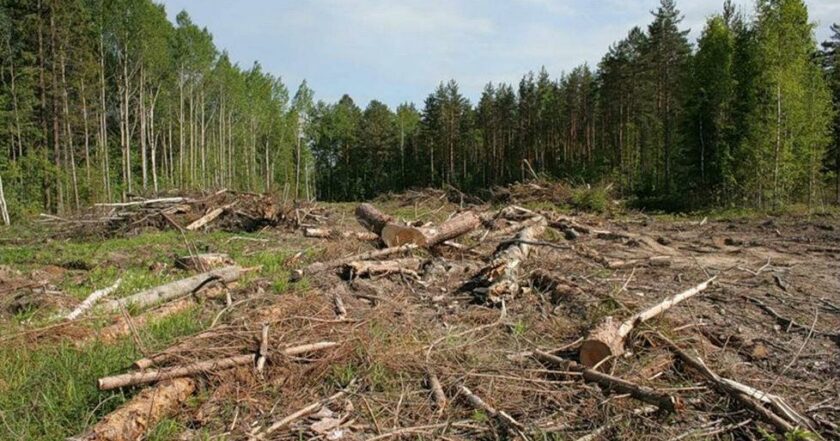Carpathian region is in real danger - UN lists the reasons

Фото: З відкритих джерел
The Carpathian region is in real danger, in particular, because of deforestation and climate change.
The Executive Director of the UN Environment Programme Inger Andersen stated this at the sixth conference with representatives of the Czech Republic, Hungary, Poland, Romania, Serbia, Slovakia, and Ukraine.
"Don't be fooled: the Carpathian region is in real and imminent danger… The Carpathian virgin forests and their unique biodiversity are disappearing at an alarming rate; timber is illegally felled and transported across the borders of mountain states and beyond. It has many consequences," Andersen stated.
According to her, this has resulted in several devastating floods that Ukraine has experienced in recent years.
"Villages and roads are flooded. Bridges are destroyed. People died. Floods are partly related to climate change. But illegal logging under the guise of Ukraine's hardships has destroyed large parts of the forest, that absorb excess water and providing protection from floods," Andersen stressed.
Meanwhile, illegal logging has cost Romania over 5 billion euros over the past 20 years. In 2016 alone, about 187,000 cubic meters of timber were illegally felled in Romania.
The Executive Director of the United Nations Environment Programme called on the parties to strengthen the rule of law to ensure the protection of the environment and increase cross-border cooperation and reinforce the fight against climate change.
In 2017, the UN stated that low strictness of laws is the crucial factor in deforestation.
"I call for protecting those at the forefront: we must stop the gangs and large companies involved in the purchase of illegal timber and bring them to justice. It's possible to do so. The Romanian security forces disbanded the illegal logging network in 2018," Andresen said.
She considers expanding cross-border cooperation to be another necessary step. Carpathian ecosystems are interconnected. For example, the Eastern Carpathians are in Romania, Ukraine, and Slovakia, and Poland. The governments of these countries must consolidate and combat the deforestation of the Carpathian forests.
"What is happening in one country affects another. Expanding cross-border cooperation is in everyone's interest," the UN said.
Another necessary step is to fight against climate change. Ukraine is just one country in the Carpathian region that has felt the full force of the flood. Flooding will only intensify, damaging not only ecosystems but also people and the economy. The country needs to act ahead before the situation worsens, at least by reducing greenhouse gas emissions.
Implementing the government's plans for the conservation and rational use of natural resources also needs to be accelerated. This plan should keep ecosystems intact and mitigate the effects of climate change.
"The Carpathians face many threats. But swift and decisive action to implement all the protocols, provisions, and articles of the Convention can reduce these threats. We must stop illegal loggers. Make every effort to combat climate change and bring back degraded lands and forests to life. This will improve the region's natural capital, its economic stability, and people's well-being," the UN stressed.
As you know, on May 22, 2003, the Carpathian Convention was signed in Kyiv, with seven participant countries of Central and Eastern Europe (Czech Republic, Hungary, Poland, Romania, Serbia, Slovakia, and Ukraine). The Convention is the second subregional agreement for protecting mountain areas worldwide. Sessions of the parties' conference are held every three years.



















































